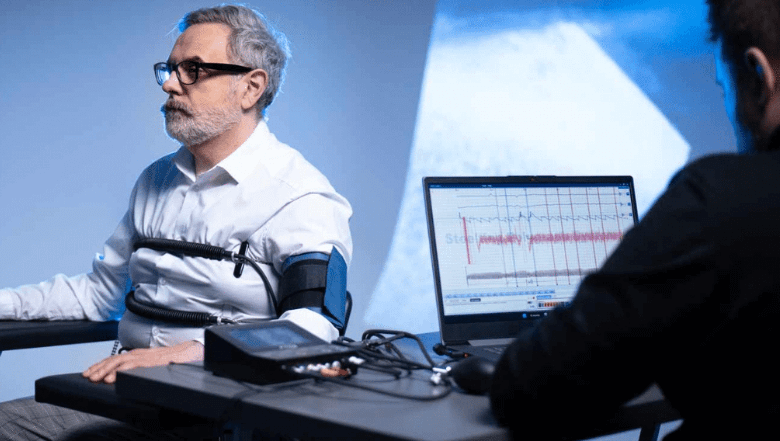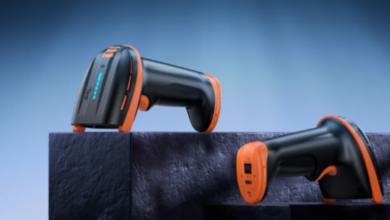Understanding Lie Detector Tests in Utah: The Role of the Polygraph

Introduction to Polygraph Tests
A polygraph test, commonly known as a lie detector test, is a tool used to measure and record physiological responses in an attempt to determine whether a person is being truthful or deceptive. The device monitors indicators such as heart rate, blood pressure, respiratory patterns, and skin conductivity. The assumption behind the polygraph is that when a person lies, the stress and anxiety associated with deception trigger noticeable changes in these bodily functions. While polygraph tests have been used in many contexts across the United States, their role in Utah is particularly significant in areas such as law enforcement investigations, employment screenings for certain security-sensitive jobs, and even private disputes. Understanding how polygraph tests are used in Utah, as well as their limitations, helps clarify both their value and their controversy.
How Polygraph Tests Work
The polygraph functions by attaching sensors to the individual’s body in order to capture real-time physiological data. During the examination, the examiner typically begins with a pre-test interview, where they explain the process and establish baseline responses to simple, non-threatening questions. Once the test begins, the subject is asked a mix of control questions and relevant questions tied to the matter under investigation. The examiner then interprets the patterns of physiological responses to determine whether the subject is showing signs of stress that may indicate deception. In Utah, polygraph examiners must be trained professionals, often with backgrounds in law enforcement or psychology, to ensure that the procedure is conducted as consistently as possible.
See also: Achieving Optimal Oral Aesthetics Through Cutting-Edge Dental Implant Techniques
Legal and Employment Use of Lie Detector Tests in Utah
In Utah, the use of polygraph tests varies depending on the context. In the criminal justice system, lie detector tests may be used as an investigative tool to help guide detectives, but they are rarely admissible in court as definitive evidence. This is because courts generally recognize the limitations and potential inaccuracies of polygraphs. However, law enforcement agencies may rely on them during investigations to evaluate suspects or witnesses, especially when other evidence is lacking. In the employment sector, most private employers in Utah are restricted from using polygraph tests due to federal law under the Employee Polygraph Protection Act. Exceptions exist for certain security services, law enforcement agencies, and government-related jobs where sensitive information is handled. In these situations, polygraph testing may be used as part of pre-employment screening or ongoing security protocols.
Controversies and Limitations of Polygraph Testing
Despite their popularity, polygraph tests remain highly controversial. Critics argue that physiological responses do not always equate to dishonesty. For instance, an innocent person may experience anxiety during questioning, leading to readings that suggest deception, while a skilled liar may remain calm and pass the test. Scientific studies have produced mixed results regarding the reliability of polygraphs, with accuracy rates varying between 70 to 90 percent depending on methodology and examiner expertise. In Utah, as in other states, this debate impacts how much weight is given to polygraph results. While the tests may provide useful insights for investigators or employers, they are not foolproof and should never be considered absolute proof of truth or deception.
The Role of Polygraph Tests in Utah Society
In Utah, polygraph testing continues to hold a place in both official and private matters. Law enforcement agencies utilize them as one of many tools in solving crimes, while some government agencies rely on them to protect sensitive information. Additionally, individuals may voluntarily undergo lie detector tests to resolve personal disputes or to build trust in relationships, though these uses are informal and not legally binding. The presence of licensed examiners throughout the state ensures that those who choose to use polygraph services can do so in a structured and professional manner. However, because of the ongoing debates about accuracy, Utah residents are generally encouraged to treat polygraph results as supporting information rather than definitive evidence.
Location in Utah
- Ogden – 298 24th Street, Ogden, UT 84401
Conclusion
Polygraph tests, or lie detector tests, occupy a unique and sometimes controversial role in Utah. They are valuable investigative and screening tools, but their limitations prevent them from being used as conclusive proof in legal settings. While some government and law enforcement agencies continue to employ them under regulated conditions, private employers and courts approach them with caution. For individuals in Utah, understanding both the strengths and weaknesses of the polygraph is essential before relying on its results. Ultimately, the lie detector test remains a tool that can provide helpful insights, but it should always be considered alongside other forms of evidence and evaluation.





